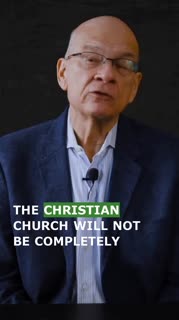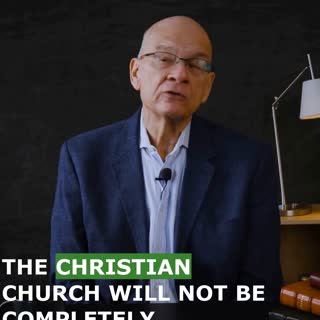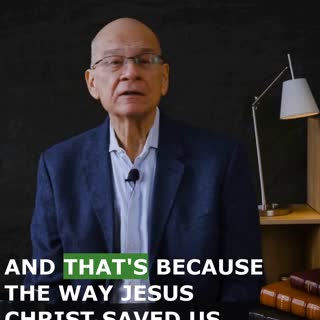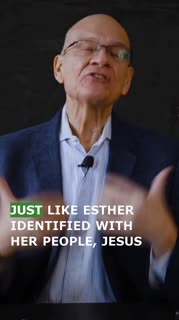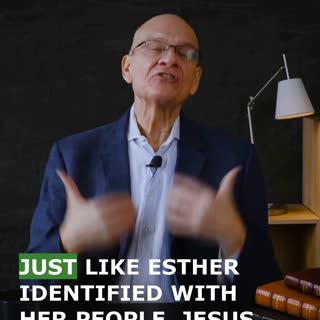Esther: Faithfulness, Sacrifice, and God's Sovereignty
Devotional
Sermon Summary
Bible Study Guide
Sermon Clips
Not just out on the mission field, not just in church, but anywhere you are, God can use you, number one. Number two, to be faithful as Christians wherever you are in culture, you have to be willing to lose the palace, if necessary. [00:03:36] (19 seconds)
She's a queen, she's living in a palace, she's living in a lap of luxury, but she knows if she's going to be faithful to God and to save her people, she's going to have to risk losing all that. And actually, all Christians, all believers, if you're really going to be faithful wherever you are, maybe you reach the higher echelons of wealth, or maybe you reach the higher echelons of power in some way, you are not being faithful to God unless you're willing to risk that palace, risk losing it, in order to be obedient to Him. [00:04:10] (34 seconds)
None of those things just happen to happen. Even though God is hidden in the sense He's not even mentioned in the book, He's clearly behind everything, and so that's a very important theme. Even when God seems hidden, He's not. Even when God seems hidden, He's there. [00:05:19] (16 seconds)
This is about God listening to the Jews, helping the Jews, saving the Jews, who are actually in exile, who are living as believers in a pluralistic society, who are not back in the nation state of Israel, but who are out there distributed amongst the people. The Jews out there did not go to the temple, because they lived too far from the temple. They had the synagogue. They developed a weekly time of listening to the Word of God and exhortation and worship. And what's interesting here is, this is the forerunner of the Christian church. [00:06:44] (38 seconds)
The Christian church will not be completely centered in one country. That's the meaning of the—I'm getting ahead of myself here—that's the meaning of the day of Pentecost, in which on the day of Pentecost, when the church was founded and when the Holy Spirit fell on the apostles, everybody heard the gospel in their own language, which is a way of saying the gospel is going to go out into every nation, into every place, and it's not going to be just a nation state centered in one place, centered in one culture. [00:07:26] (34 seconds)
The way to power is to serve. The way to influence is to not care about your influence, but just love other people. The way to true wealth is to give your wealth away. [00:09:43] (14 seconds)
And that's because the way Jesus Christ saved us was not through power, but through weakness, and the way we connect to it is not through saying, I'm strong enough. I'm strong enough. I can live a good life. No, it's through having the, you might say, the strength to admit you're weak, morally and every other way, and that you just need a Savior, and you just need free grace. [00:09:57] (21 seconds)
Just like Esther identified with her people, Jesus Christ did all that to identify. To identify with us, to become a human being, become one of us, so that he would be able to be our substitute. He could live the life we should have lived and earn the blessing of obedience, and then die the death we should have died, so that he takes our curse for our record and we get his blessing for his record. [00:11:31] (23 seconds)








